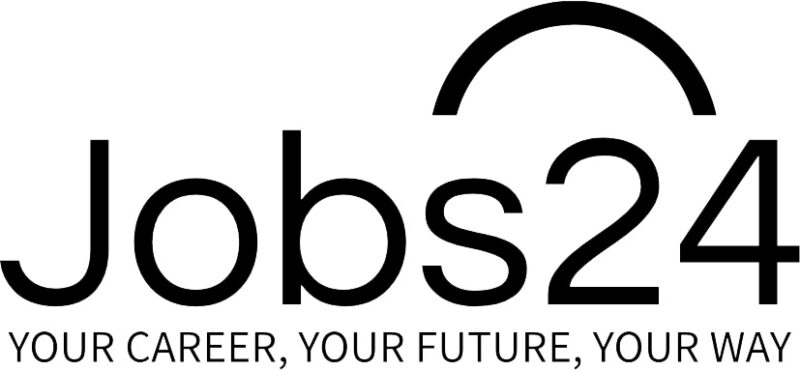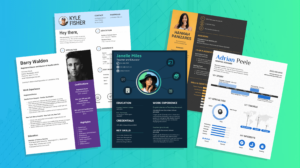Finding a job that fits your goals and skills, whether you are a recent grad, an experienced professional seeking a change or if you are reentering the workforce, requires patience and persistence. Job hunting can be discouraging if you are met with silence or rejection from employers.
Aerotek’s practice leaders and recruiters have compiled key tips for job seekers in 2024.
1. Know Your Value
Job market competition is fierce, especially with unemployment rates at a record low. If you want to be successful, whether it’s to get a promotion, switch careers or start your own business, it’s important that your goals match the industries or roles best suited for them.
To guide your search, create a list of essential responsibilities, skills you must have, and desired attributes for the role that you want. This list can be used as a guide when you are applying for jobs and participating in networking activities.
To ensure that you are negotiating successfully during an interview, research salary benchmarks in your industry and area. Do not forget to practice communication in interviews and at networking events. Maintain eye contact, speak clearly and confidently, and share ideas and experiences effectively.
2. Networking
According to recruiters, networking is a key component in job searches. LinkedIn allows you to find second-degree contacts at companies that interest you and ask for an introduction.
Start by identifying the ideal role for you, whether it’s leading a tech-team, saving lives in health care, or creating sustainable solutions. This will help you define your career objectives and narrow down your job search. Consider upskilling opportunities like bootcamps, online courses and micro-credentials aligned with your desired role. Also consider volunteering or internships to gain practical experience and build your professional portfolio.
Improve your communication skills to feel more confident in presenting yourself at networking events and meetings, pitching your story effectively and standing out against the competition. This can help you stand out and be noticed by others.
3. Prepare yourself
The first step in preparing to conduct a job hunt is to carefully consider your career goals and find roles that reflect these. Take time to think about your work-life situation and companies that have a culture that matches your goals.
A current resume is essential to being prepared for job searching. Include keywords from the job description along with your most recent skills and experiences in your resume. You should also personalize your LinkedIn profile summary for each application.
It’s important to prepare for your interview by practicing common interview questions. Dress professionally, arrive at every interview energized, focused, and prepared. Prioritise your self-care by prioritising measures of self-care.
4. Be Flexible
You must be flexible and open to changing roles, locations and work arrangements.
Flexibility is a priority for many professionals, whether it’s due to their family obligations, their desire for a better work-life balance, or their desire to have more control over their schedules.
Research and preparation are essential to finding a job that matches your priorities. Start by defining your career goals, and then the skills that you will need to advance within the industry. Then, prioritize upskilling via online courses, bootcamps or micro-credentials. This will show employers you are flexible in a job market where there is a lot of competition. Being flexible will also allow you to build relationships with others that will help your career.
5. Be Resilient
Job hunting will require resilience, the ability to adapt and deal with difficulties. Positive reinforcement can help resilient individuals adapt to difficult situations, including rejection.
The ability to be grateful can help you build resilience. It helps you move from a focus on what you lack, to a perspective of what you have.
Job seekers who are resilient understand that rejection does not affect their self-worth and that they do not have to be in a certain role. They can move quickly on from rejections in the past and apply for new roles. This allows them to remain focused and productive during a stressful job search. They know that sharing the credit for success makes it more enjoyable.
6. Be Positive
Cultivating your personal brand to accurately reflect your professional identity, value and expertise will make a positive impact on both recruiters and hiring managers, as well as networking contacts. Showing passion and enthusiasm can also boost your confidence in interviews, while making you standout from the competition.
Maintaining a network of people who can provide encouragement and motivation is essential to maintaining your energy and drive for your job search. Relaxing with friends, family or your hobbies can help you to rejuvenate and maintain motivation.
Even though many companies have reduced their hiring budgets, they still need qualified candidates to fill open positions. The experts recommend that you be honest about gaps on your resume, and show your ability to adapt to new employment environments.




